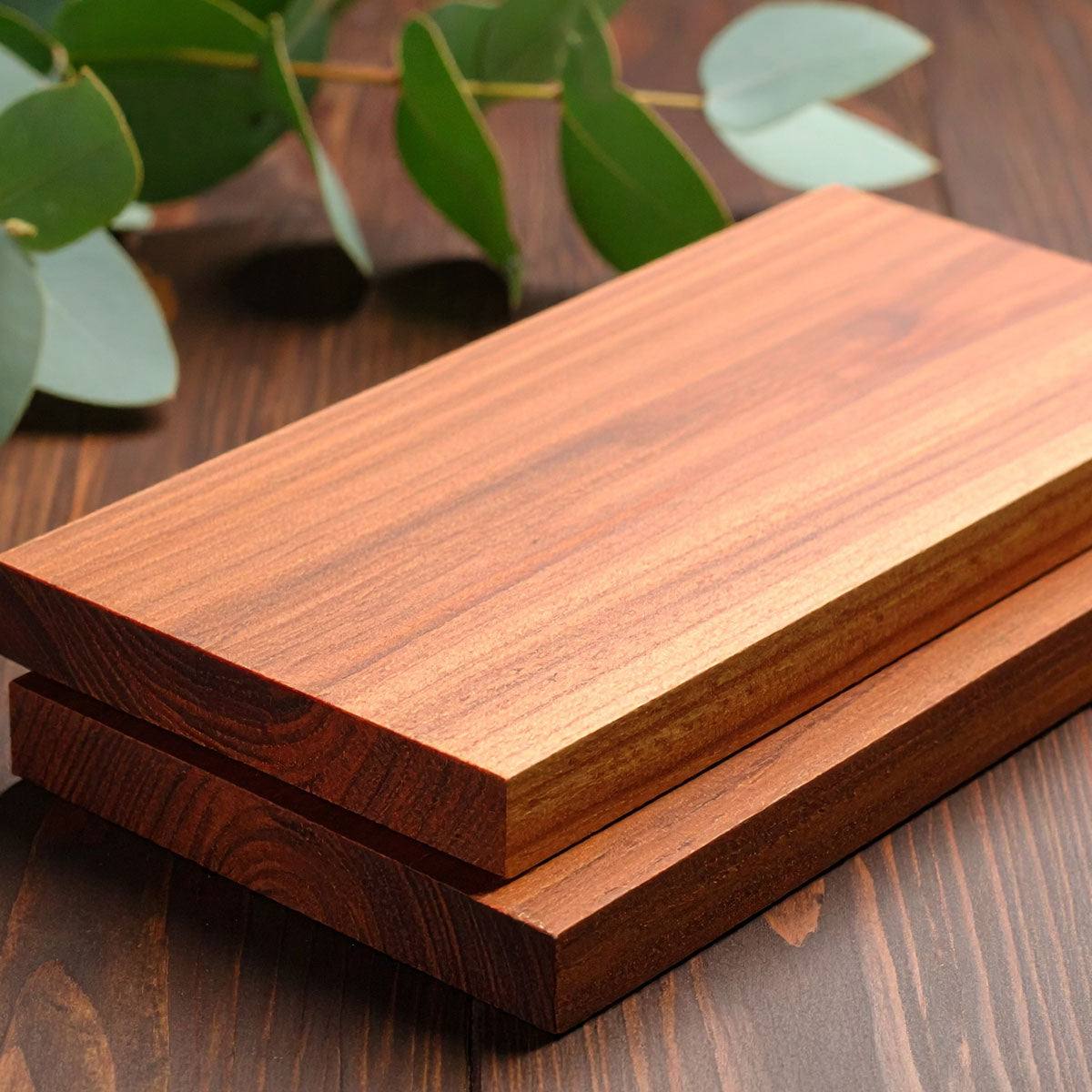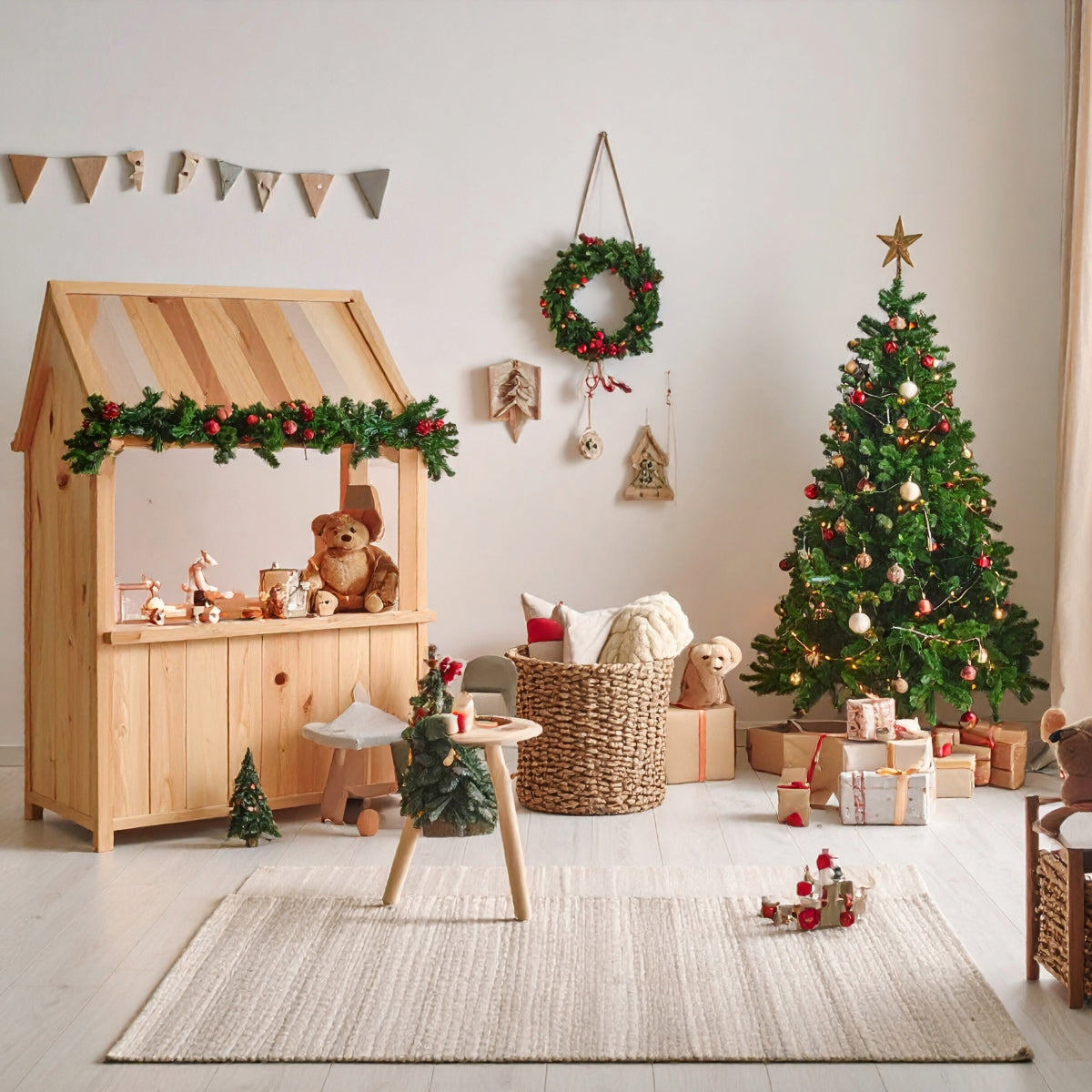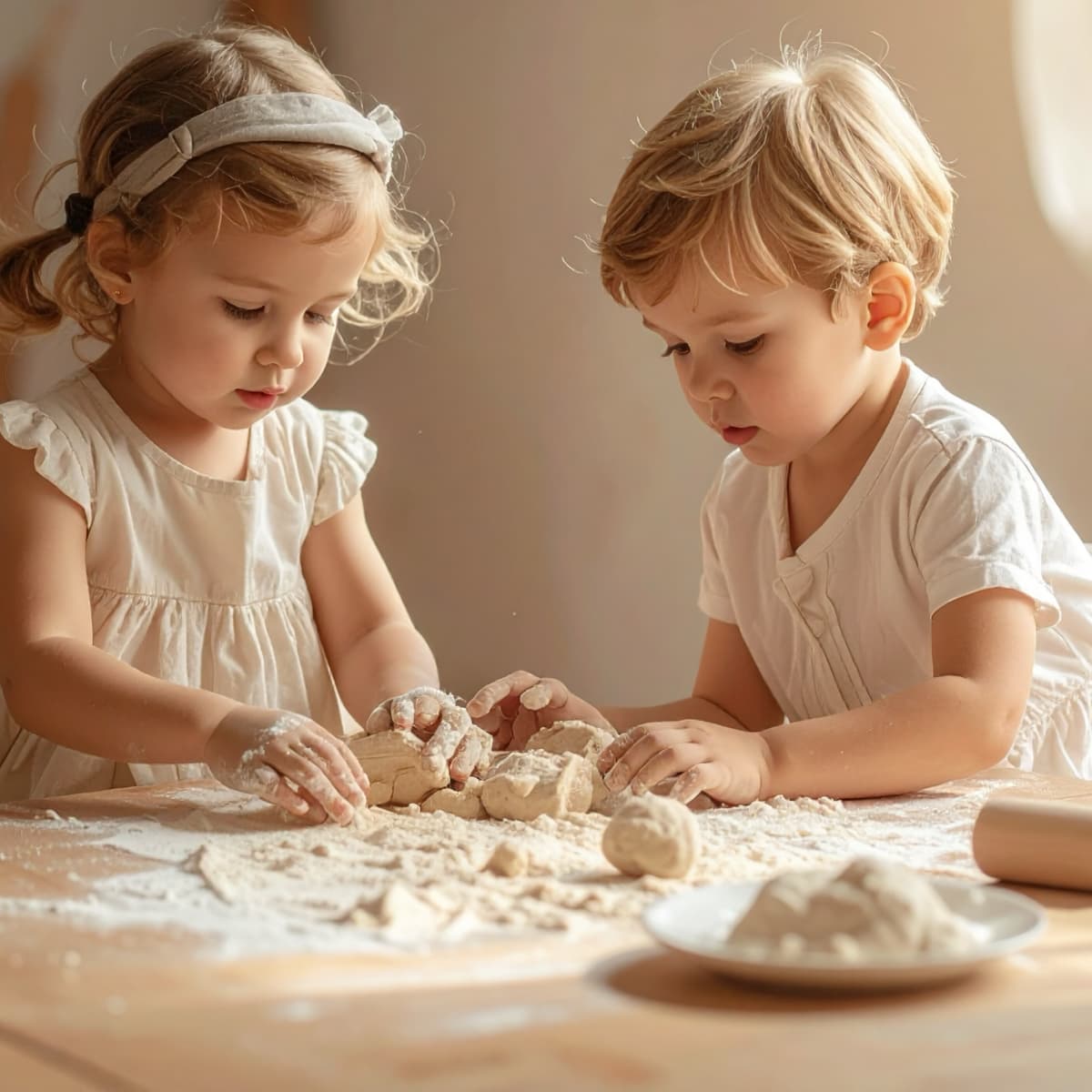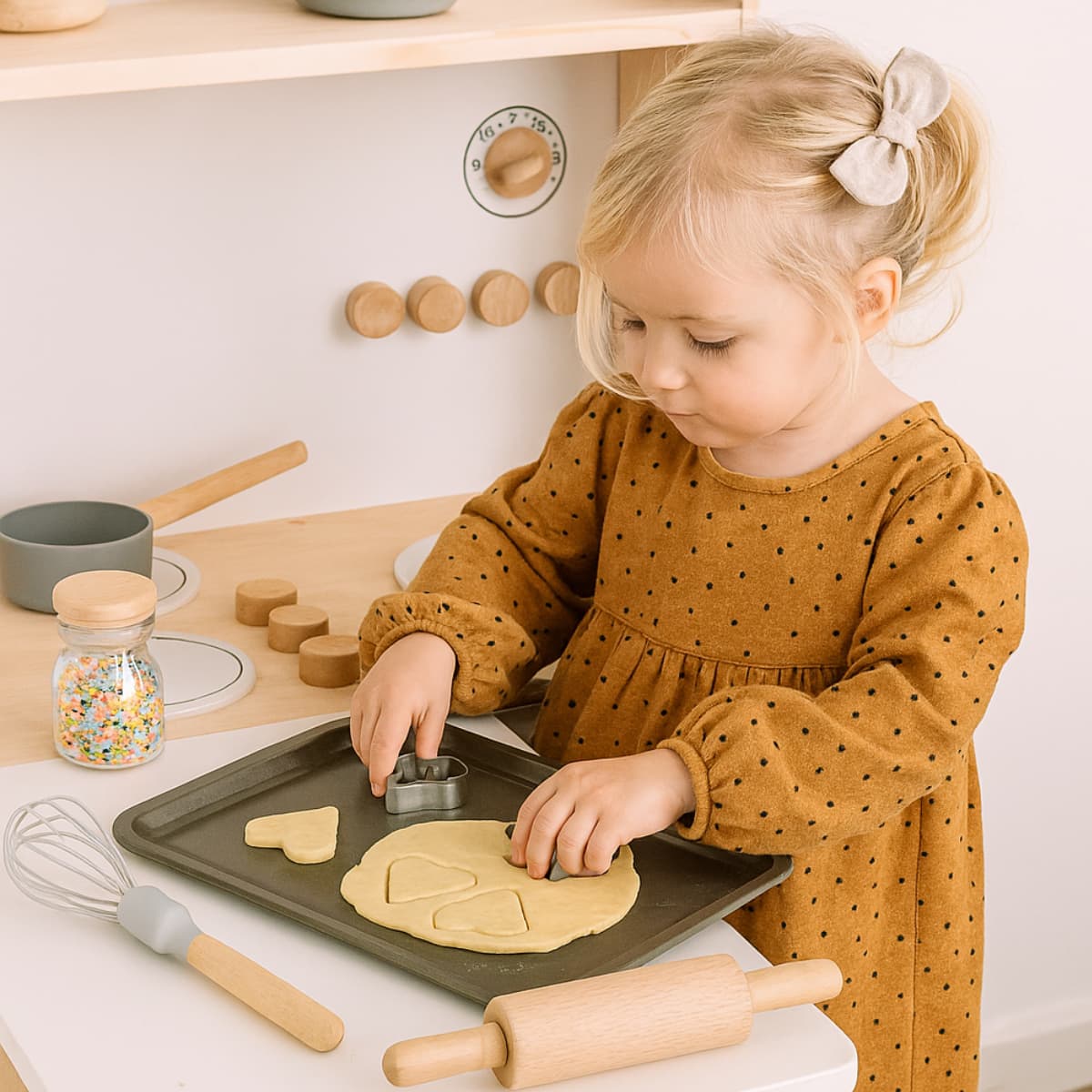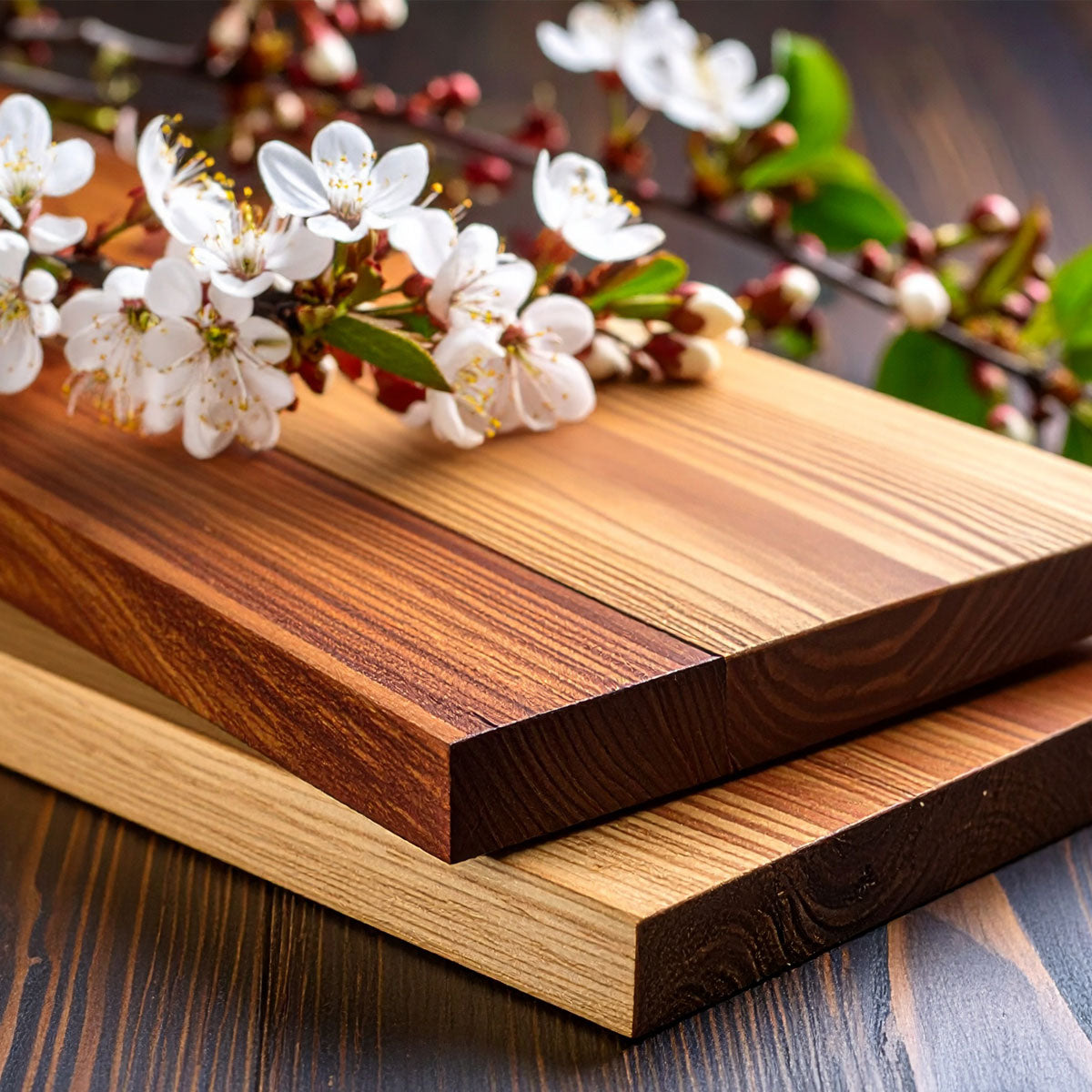
Cherry
Cherry Wood – Properties, Uses & Special Features
Cherry wood typically comes from the European wild cherry (Prunus avium) or the American black cherry (Prunus serotina). It is considered a premium hardwood, known for its warm color tones, fine texture, and excellent workability. Cherry is especially popular in furniture making, toy production, and high-end interior design.
Origin & Species
-
Genus: Prunus
-
Main species: wild cherry (Europe), black cherry (North America)
-
Distribution: Europe, North America, Asia
-
Sustainability: limited availability, often sourced from certified forestry (FSC)
Appearance & Structure
-
Color: sapwood is yellowish-white; heartwood ranges from golden-red to reddish-brown and darkens with exposure to light
-
Grain: fine, uniform, sometimes with green streaks or dark inclusions
-
Surface: matte sheen, very smooth and polishable
-
Special feature: elegant, warm appearance – can resemble mahogany when steamed
Technical Properties
| Feature | Description |
|---|---|
| Hardness | Medium to high – Brinell approx. 28–31 N/mm² |
| Density | Approx. 570–600 kg/m³ – moderately heavy |
| Workability | Excellent for sawing, planing, sanding, and polishing |
| Elasticity | High – flexible and dimensionally stable |
| Durability | Class 3–4 – moderately to low durable (indoor use only) |
| Drying | Fast, but prone to warping and end cracks |
Applications
-
Furniture: solid wood furniture, veneers, Biedermeier and Art Nouveau pieces
-
Toys: doll furniture, play kitchens, figures – decorative and low-splinter
-
Interior design: wall paneling, ceilings, doors, parquet flooring
-
Musical instruments: pianos, violins, guitars
-
Handcrafts: turned objects, jewelry boxes, sculptures
-
Decorative: bowls, vases, home accessories
Advantages
-
Elegant appearance with warm tones
-
Excellent workability – ideal for fine details
-
Smooth, polishable surface
-
Flexible and stable
-
Suitable for high-quality toys and furniture
Disadvantages
-
Not weather-resistant – unsuitable for outdoor use
-
Susceptible to fungi and insects if stored improperly
-
Relatively expensive and limited in supply
-
May discolor when in contact with iron and moisture
Conclusion
Cherry wood is a decorative, moderately heavy hardwood with outstanding properties for furniture, toys, and interior design. Its warm color, fine texture, and excellent workability make it one of the most popular premium woods – especially for educational and long-lasting products.

